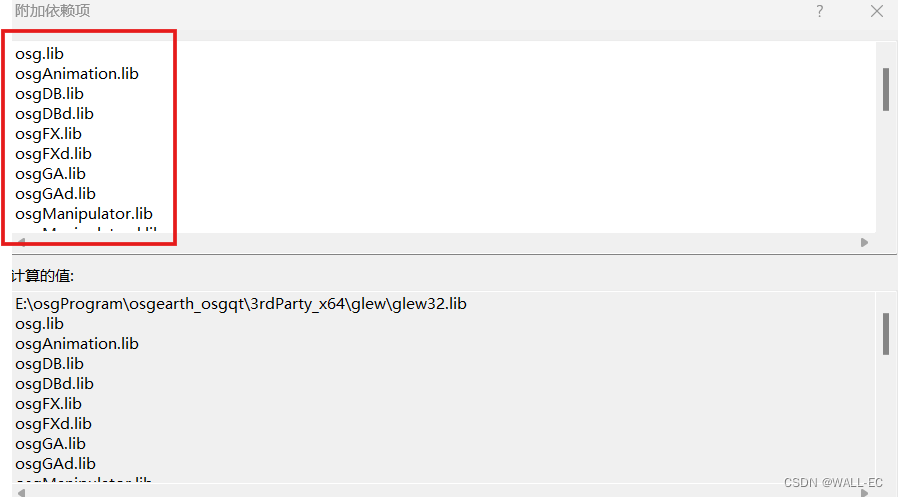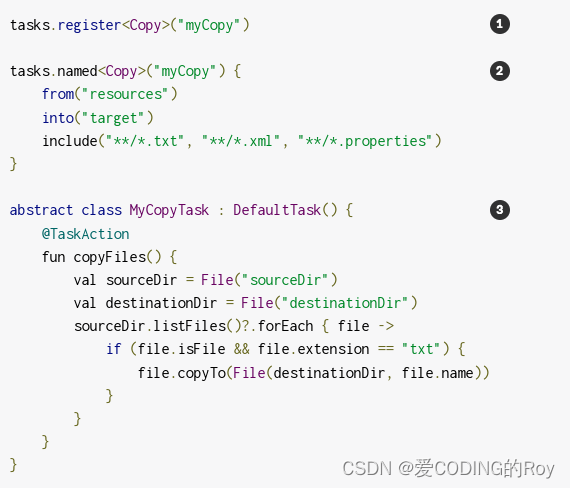Optional出现的意义
在Java中,我们经常遇到的一种异常情况:空指针异常,在原本的编程中,为了避免这种异常,我们通常会向对象进行判断,然而,过多的判断语句会让我们的代码显得臃肿不堪。
所以在JDK8中引入了Optional,养成使用Optional的习惯后你可以写出更优雅的代码来避免空指针异常。
并且在很多函数式编程相关的API中也都用到了Optional,如果不会使用Optional也会对的数式编程的学习造成影响。
public static void main(String[] args) {Author auhtor=getAuthor();Optional<Author> optionalAuthor = Optional.ofNullable(auhtor);optionalAuthor.ifPresent(author -> System.out.println(author.getAge()));}public static Author getAuthor(){Author author=new Author("罗贯中",46);return author;}
此时,通过Optional中提供的ifPresent方法可以有效的避免空指针异常问题。
事实上,在我们进行开发过程中,如果使用了Mybatis框架,那么我们只需将其返回值定义为Optional类型,则Mybatis框架会自动帮我们将数据封装。
Optional中的方法
所谓的Optional其实是将一些数据封装为Optional的属性,随后我们通过Optional中的一些方法来使用这些数据对象。
安全消费值
我们获取到一个Optional对象后肯定需要对其中的数据进行使用。这时候我们可以使用其ifpresent方法对来消费其中的值。
这个方法会判断其内封装的数据是否为空,不为空时才会执行具体的消费代码。这样使用起来就更加安全了。
例如,以下写法就优雅的避免了空指针异常。
public static Optional<Author> getOptionAuthor(){Author author=new Author("罗贯中",46);return Optional.ofNullable(author);}
安全获取值
如果我们期望安全的获取值。我们不推荐使用get方法,而是使用Optional提供的以下方法。
public static Optional<Author> getOptionAuthor(){Author author=new Author("罗贯中",46);return Optional.empty();//Optional的empty方法可以赋空值}
随后我们通过get方法获取,发现抛出空指针异常。
Author author = optionAuthor.get();
System.out.println(author);

因此,为了安全获取值,我们可以采用orElseGet方法:获取数据并且设置数据为空时的默认值。如果数据不为空就能获取到该数据。如果为空则根据你传入的参数来创建对象作为默认值返回。
即optionAuthor如果有值则返回原值,否则就返回一个我们定义的对象。
Author author = optionAuthor.orElseGet(new Supplier<Author>() {@Overridepublic Author get() {return new Author();//返回值为一个定义的Author}});
对应的Lambda表达式:
Author author = optionAuthor.orElseGet(() -> new Author());
另一种方式则是抛出我们自定义的异常,这种方式在Spring框架中可以很好的应用。
try {Author author1 = optionAuthor.orElseThrow(new Supplier<Throwable>() {@Overridepublic Throwable get() {return new RuntimeException("数据为null");}});System.out.println(author1);//author1只能在try中调用} catch (Throwable e) {throw new RuntimeException(e);}
对应的Lambda表达式,当然,对于这种异常,除了try catch外,我们也可以手动抛出。
try {Author author1 = optionAuthor.orElseThrow((Supplier<Throwable>) () -> new RuntimeException("数据为null"));System.out.println(author1);} catch (Throwable e) {throw new RuntimeException(e);}

filter过滤
过滤方法其实与Stream中的方式即为相似。
我们可以使用fiter方法对数据进行过滤。如果原本是有数据的,但是不符合判断,也会变成一个无数据的Optional对象。
Optional<Author> author1 = optionalAuthor.filter(author -> author.getAge() > 140);
可以看到,filter的返回值也是一个Optional类型的对象,此时当author不符合判断条件时,返回值为Optional.empty,即为空。

ifPresent判断
通过ifPresent来判断是否存在。
optionalAuthor.filter(author -> author.getAge()>140).ifPresent(author -> System.out.println(author));
map数据转换
该方法其实与Stream流中的方法很像,实现起来也是极为相似。我们可以看到map的返回值是Optional<ArrayList< Books >>。
optionalAuthor.map(new Function<Author, ArrayList<Books>>() {@Overridepublic ArrayList<Books> apply(Author author) {return author.getBooks();}}).ifPresent(new Consumer<ArrayList<Books>>() {@Overridepublic void accept(ArrayList<Books> books) {System.out.println(books);}});
对应的lambda表达式:
optionalAuthor.map(author -> author.getBooks()).ifPresent(books -> System.out.println(books));

函数式接口
只有一个抽象方法的接口我们称之为函数接口。
JDK的函数式接口都加上了@Functionalinterface 注解进行标识。但是无论是否加上该注解,只要接口中只有一个抽象方法,都是函数式接口。
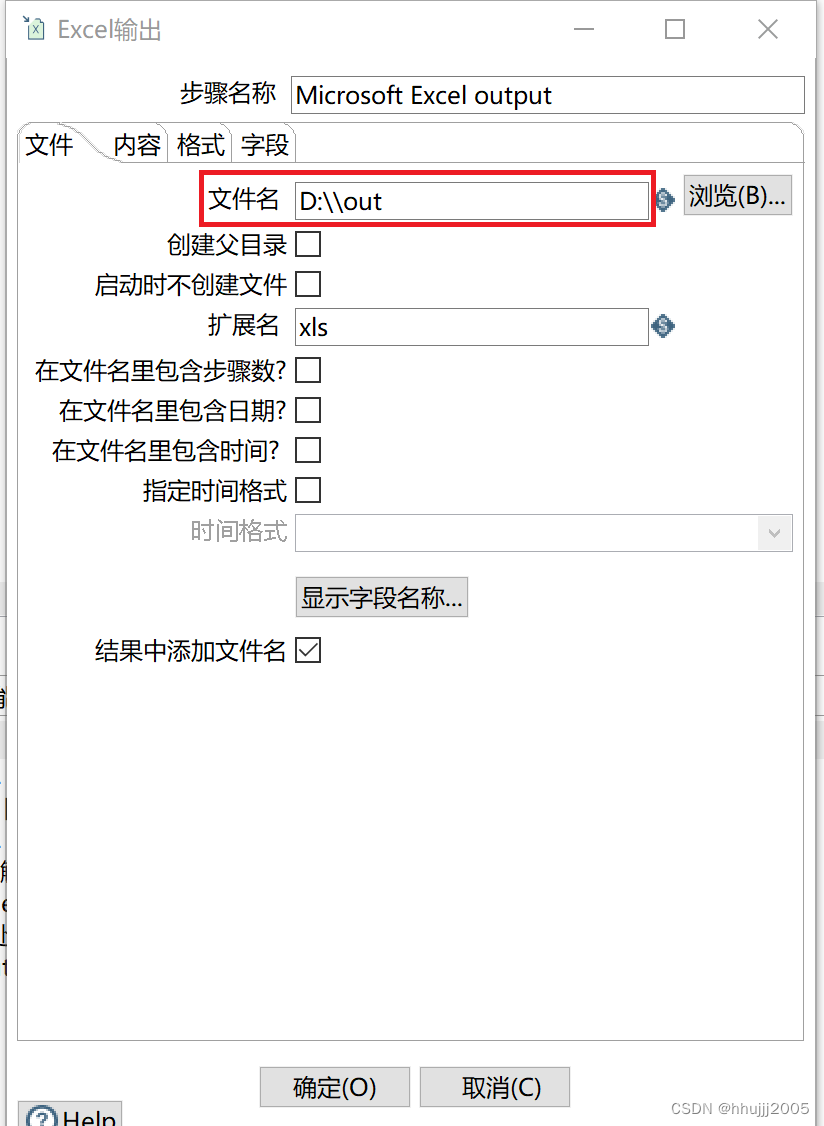

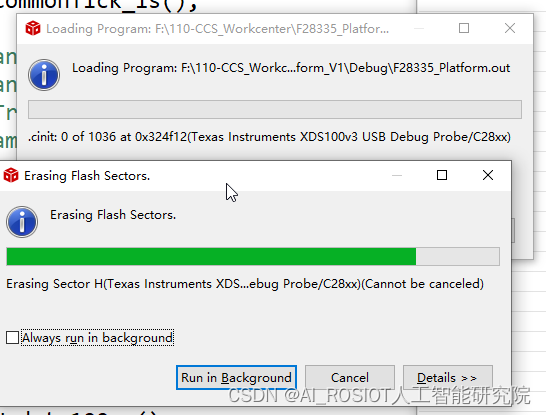
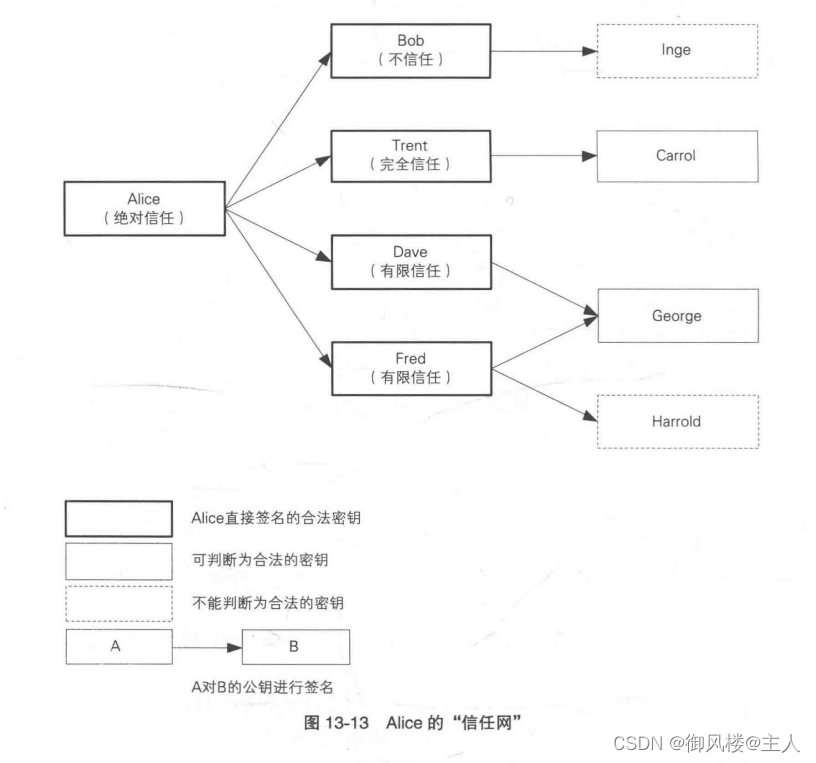

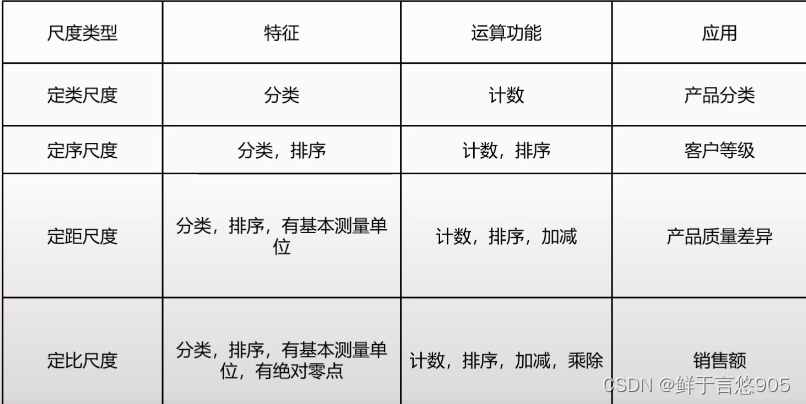
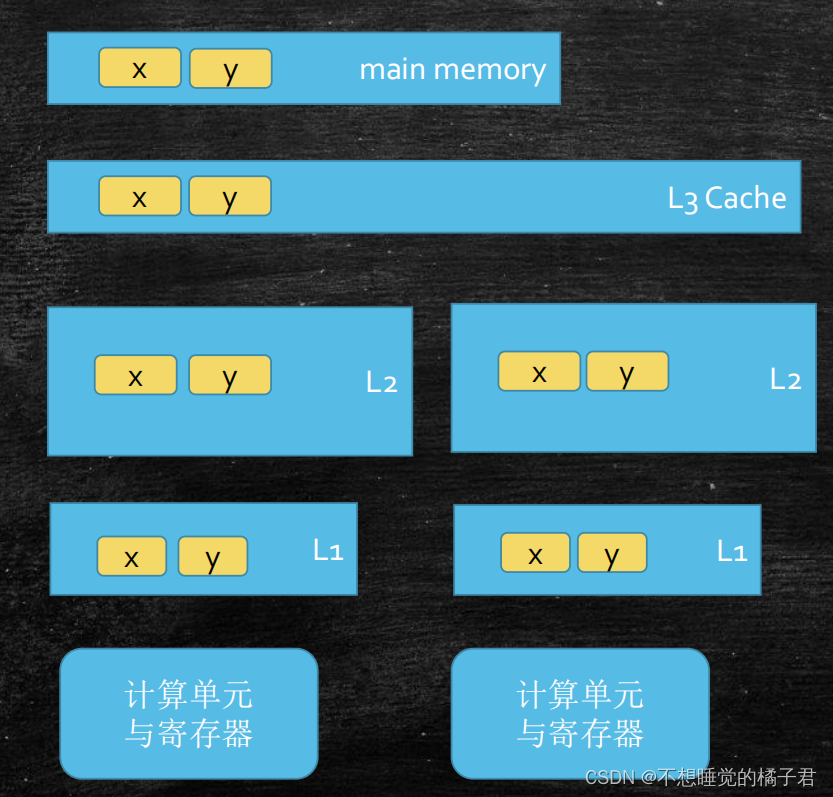

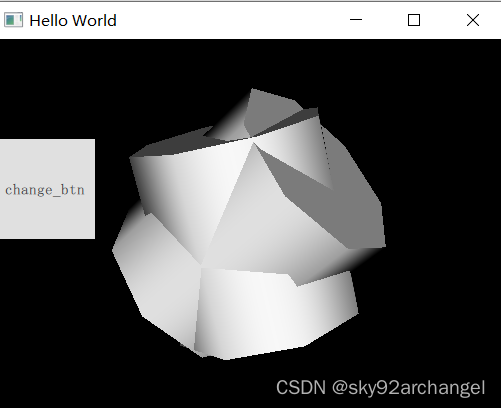
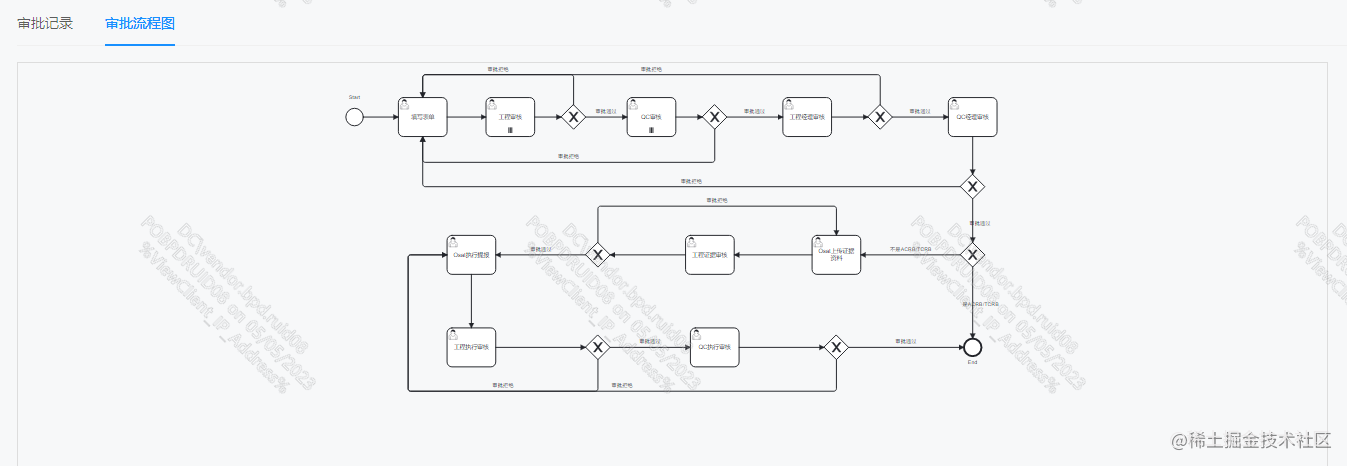
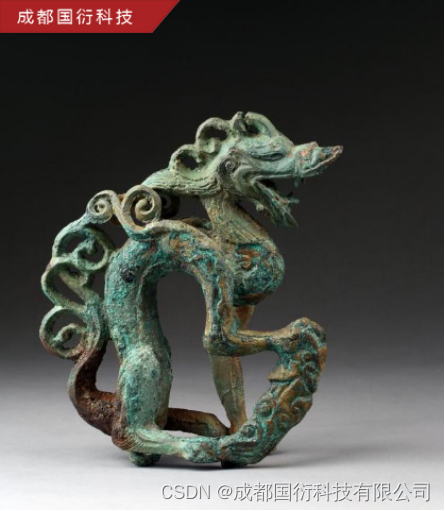

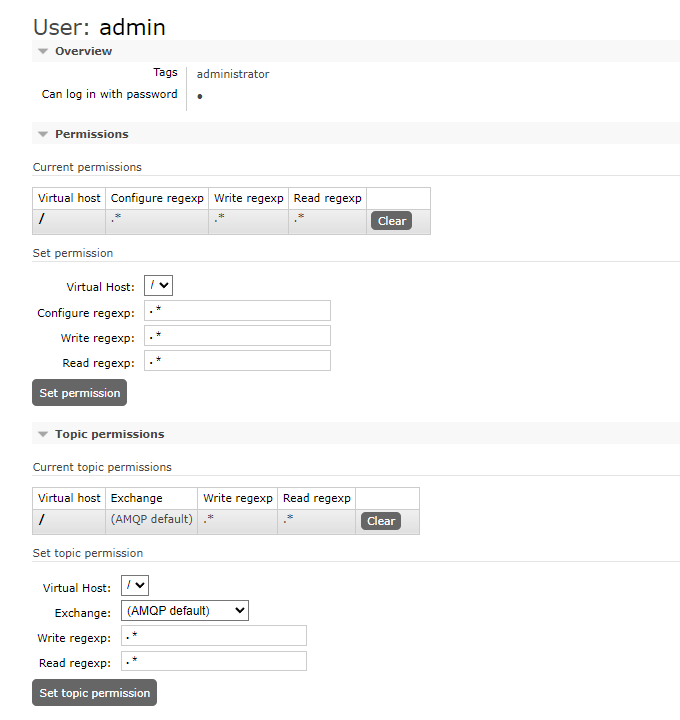
![数据结构05:树与二叉树 习题01[C++]](https://img-blog.csdnimg.cn/direct/e523d095fbd34f8f92541e0573c72475.png)



